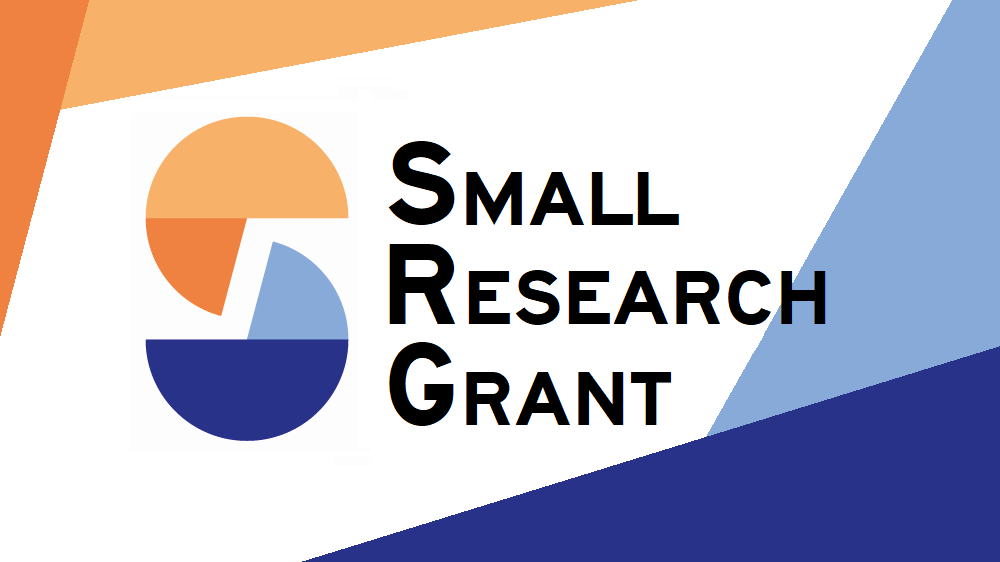There is mounting evidence that the structure of social and economic networks has implications for individuals, their businesses, and communities at a higher level. Understanding the factors that shape these networks is key. One such factor that has not been explored is the formalisation of land rights institutions. Customary tenure characterised by collective property and informal possession largely dominates in rural areas in low-income countries. Granting land rights may help to broaden social and economic networks for those previously penalised by traditional rules, in particular women, by encouraging fairer access to land, stronger tenure security, and the development of a land market. This project examines the impact of a land tenure reform, the Plan Foncier Rural, implemented between 2009 and 2011 in Benin, under which customary rights to parcels of agricultural land were identified and formally registered.
The reform in Benin is the first case of land tenure reform implemented as a large-scale randomised controlled trial. 600 eligible villages willing to implement the reform were identified (eligibility mainly concerned village characteristics such as comparable income levels and being effectively located in rural areas). From this group, a subsample of 291 villages was selected via public lottery to have the reform implemented. Non-selected villages did not receive any intervention and, as of today, continue to have customary land rights. The randomised and controlled implementation of the reform makes it possible to isolate the causal relationship between providing formal property rights and the shape of social networks by comparing measures of social connectedness and social interaction between participants in control and treated villages.
The project will deliver important policy advice to improve the effectiveness of the Plan Foncier Rural, as well as other comparable land rights formalisation programmes in low-income countries. Causal estimates on the impacts of land reform are rare given random allocation of different land rights institutions is uncommon to observe. The results will identify strengths and shortcomings of the current reform’s design in terms of expanding network interactions, increasing market participation, and reducing gender inequalities. Additionally, the Beninese government has thus far introduced the land rights reform in only a few hundred villages and has very little evidence on its impact. Positive results from this study could encourage an expansion of the programme around the country.
















































